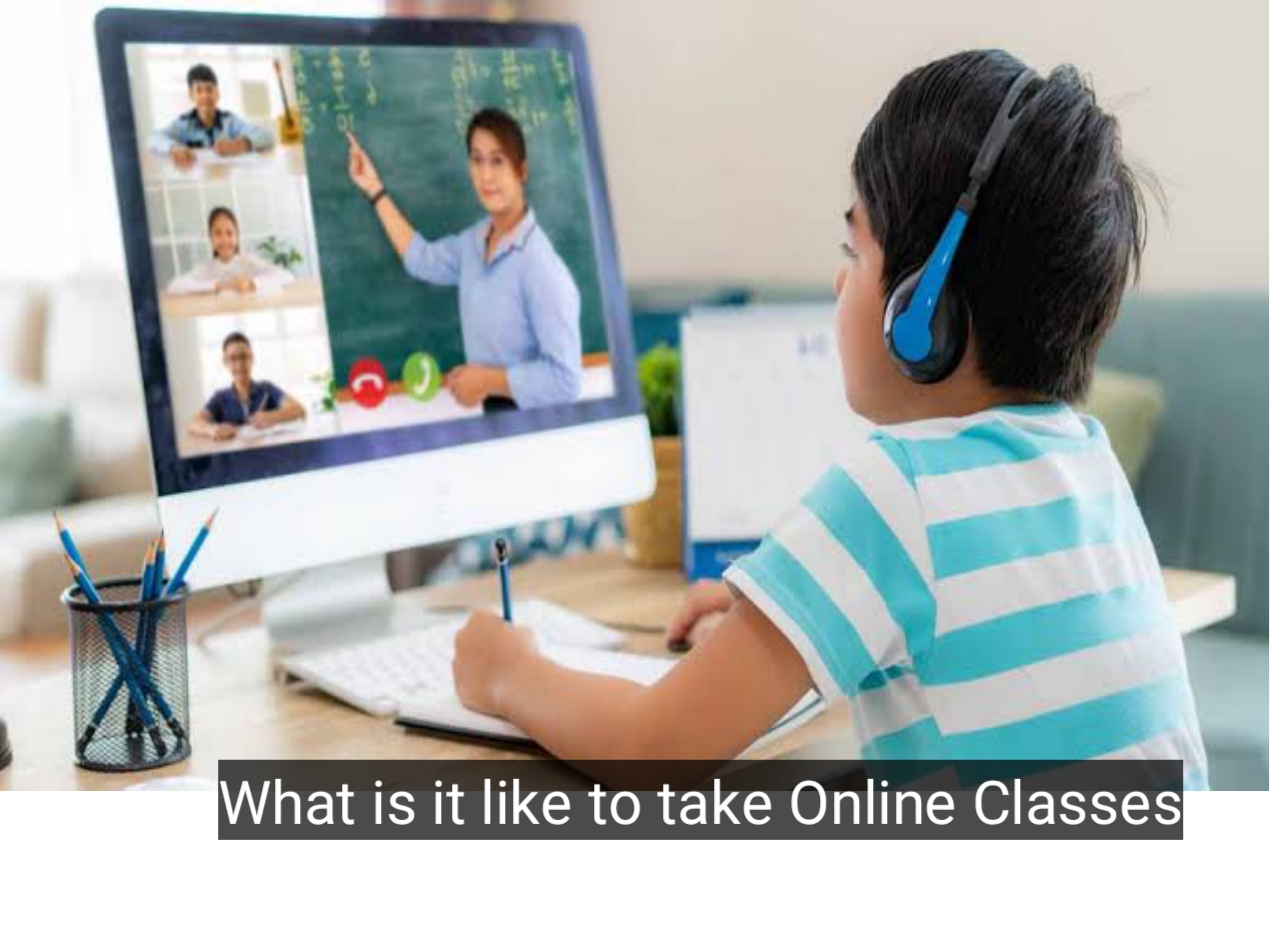Get Paid To Take Online Classes

Imagine a world where instead of dreading that next online course, you’re actually excited. Not just because of the knowledge you’ll gain, but because you're getting paid for your time. Picture yourself settling into your favorite armchair, laptop glowing, knowing that with each lecture you watch and each assignment you complete, your bank account is growing.
The concept of getting paid to take online classes might sound like a dream, but it's becoming increasingly real for many. A convergence of factors, including employer-sponsored education programs, innovative educational platforms, and government initiatives, are creating avenues for individuals to learn and earn simultaneously. This article explores the emerging landscape of paid online learning, examining the opportunities, the driving forces, and the potential impact on individuals and the future of education.
The Rise of Employer-Sponsored Education
One of the most significant contributors to this trend is the increasing prevalence of employer-sponsored education programs. Companies are realizing that investing in their employees' skills and knowledge is a win-win situation. It boosts employee morale and retention, while simultaneously equipping the workforce with the expertise needed to thrive in a rapidly changing economy.
Many companies are partnering with online learning platforms to offer employees access to a wide range of courses, often covering tuition costs and even providing stipends for time spent learning. According to a report by the Society for Human Resource Management (SHRM), a growing number of organizations are offering tuition assistance or reimbursement programs.
These programs are particularly beneficial for employees seeking to upskill or reskill in areas critical to their company's success. This might include courses in data analytics, project management, cybersecurity, or even specialized industry certifications.
Innovative Educational Platforms
Beyond traditional employer benefits, a new wave of educational platforms is disrupting the learning landscape. These platforms are experimenting with innovative models that reward learners for their engagement and successful completion of courses.
Some platforms offer micro-scholarships or cash incentives for completing specific modules or achieving high grades. Others partner with companies to provide internship opportunities or even guaranteed job interviews to learners who successfully complete certain programs. Coursera, for example, partners with companies to offer learners direct pathways to employment upon course completion.
These initiatives are particularly attractive to individuals who may be hesitant to invest time and money in online education without a clear return on investment. The promise of financial rewards or career advancement can be a powerful motivator.
Government Initiatives and Grants
Government agencies are also recognizing the importance of online learning in addressing skills gaps and promoting economic mobility. Various grant programs and initiatives are designed to support individuals pursuing online education, particularly in high-demand fields.
Some programs offer tuition assistance or scholarships for online courses and certificate programs. Others provide stipends to cover living expenses or childcare costs while individuals are enrolled in training programs. State and local workforce development boards often offer information about available resources in their respective areas.
The U.S. Department of Labor, for instance, provides funding for various workforce training programs, many of which now incorporate online learning components. These initiatives are often targeted at specific populations, such as unemployed workers, veterans, or individuals seeking to transition to new careers.
The Benefits of Paid Online Learning
The advantages of getting paid to take online classes extend beyond the financial rewards. It can also boost motivation, improve learning outcomes, and increase access to education for individuals who might otherwise be unable to afford it.
The financial incentive can serve as a powerful motivator, encouraging learners to stay engaged and complete their courses. This can be particularly helpful for individuals who struggle with procrastination or lack of self-discipline.
The opportunity to earn while learning can also make education more accessible to individuals from disadvantaged backgrounds. By removing the financial barriers to entry, paid online learning can help level the playing field and create opportunities for upward mobility.
Potential Challenges and Considerations
While the concept of getting paid to take online classes is appealing, it's important to be aware of potential challenges and considerations. Not all programs are created equal, and some may have hidden costs or limitations.
It's essential to carefully research any program before enrolling, paying attention to factors such as accreditation, course quality, and the reputation of the provider. Look for reviews and testimonials from previous participants to get a sense of their experiences.
It's also important to understand the terms and conditions of any financial incentives or scholarships. Some programs may require participants to meet certain performance benchmarks or to commit to working for a specific employer after completing the program.
The Future of Learning
The trend of getting paid to take online classes is likely to continue to grow as technology advances and the demand for skilled workers increases. Employers, educational institutions, and government agencies are all recognizing the value of investing in online education.
As more innovative programs and platforms emerge, the opportunities for individuals to learn and earn simultaneously will only expand. This could lead to a more equitable and accessible education system, where individuals are empowered to pursue their learning goals without being burdened by financial constraints.
The convergence of education and income presents a compelling vision for the future, one where lifelong learning is not just a desirable goal, but a financially rewarding endeavor. The journey to a future where learning pays is already underway, and the destination promises to be transformative.


















